With new technologies revolutionizing data collection, wildlife researchers are becoming increasingly able to collect data at much higher volumes than ever before. Now we are facing the challenges of putting this information to use, bringing the science of big data into the conservation arena. With the help of machine learning tools, this area holds immense potential for conservation practices. The applications range from online trafficking alerts to species-specific early warning systems to efficient movement and biodiversity monitoring and beyond.
However, the process of building effective machine learning tools depends upon large amounts of standardized training data, and conservationists currently lack an established system for standardization. How to best develop such a system and incentivize data sharing are questions at the forefront of this work. There are currently multiple AI-based conservation initiatives, including Wildlife Insights and WildBook, that are pioneering applications on this front.
This group is the perfect place to ask all your AI-related questions, no matter your skill level or previous familiarity! You'll find resources, meet other members with similar questions and experts who can answer them, and engage in exciting collaborative opportunities together.
Just getting started with AI in conservation? Check out our introduction tutorial, How Do I Train My First Machine Learning Model? with Daniel Situnayake, and our Virtual Meetup on Big Data. If you're coming from the more technical side of AI/ML, Sara Beery runs an AI for Conservation slack channel that might be of interest. Message her for an invite.
Header Image: Dr Claire Burke / @CBurkeSci

Explore the Basics: AI
Understanding the possibilities for incorporating new technology into your work can feel overwhelming. With so many tools available, so many resources to keep up with, and so many innovative projects happening around the world and in our community, it's easy to lose sight of how and why these new technologies matter, and how they can be practically applied to your projects.
Machine learning has huge potential in conservation tech, and its applications are growing every day! But the tradeoff of that potential is a big learning curve - or so it seems to those starting out with this powerful tool!
To help you explore the potential of AI (and prepare for some of our upcoming AI-themed events!), we've compiled simple, key resources, conversations, and videos to highlight the possibilities:
Three Resources for Beginners:
- Everything I know about Machine Learning and Camera Traps, Dan Morris | Resource library, camera traps, machine learning
- Using Computer Vision to Protect Endangered Species, Kasim Rafiq | Machine learning, data analysis, big cats
- Resource: WildID | WildID
Three Forum Threads for Beginners:
- I made an open-source tool to help you sort camera trap images | Petar Gyurov, Camera Traps
- Batch / Automated Cloud Processing | Chris Nicolas, Acoustic Monitoring
- Looking for help with camera trapping for Jaguars: Software for species ID and database building | Carmina Gutierrez, AI for Conservation
Three Tutorials for Beginners:
- How do I get started using machine learning for my camera traps? | Sara Beery, Tech Tutors
- How do I train my first machine learning model? | Daniel Situnayake, Tech Tutors
- Big Data in Conservation | Dave Thau, Dan Morris, Sarah Davidson, Virtual Meetups
Want to know more about AI, or have your specific machine learning questions answered by experts in the WILDLABS community? Make sure you join the conversation in our AI for Conservation group!
- @tutgut5
- | she/her
- 0 Resources
- 7 Discussions
- 8 Groups
Key Conservation

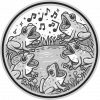

- 2 Resources
- 19 Discussions
- 8 Groups
- @SrinivasSivakumar
- | none
I am a an Engineer at Wild Life Conservation Trust, India looking to build some tech for the WildLife.
- 0 Resources
- 0 Discussions
- 2 Groups
- @katerakelly
- | she/her
I am a machine learning researcher (PhD UC Berkeley 2021) looking for opportunities to use my skills to help combat and mitigate climate change and support biodiversity. Research experience in few-shot learning, image recognition, and reinforcement learning.
- 0 Resources
- 0 Discussions
- 1 Groups
Durrell Institute of Conservation and Ecology (DICE), University of Kent
Conservation Science PhD student at DICE, Kent. I am a GIS and remote sensing enthusiast as well as researcher. Been in love with the interaction between AI and conservation ever since I picked up a python crash course book out of curiosity during my undergraduate degree.
- 0 Resources
- 0 Discussions
- 12 Groups
- @LouisaRC
- | she/her
LRC Wildlife Conservation
With 20 years of experience as a conservation practitioner, I have transitioned from a carnivore scientist to Dean, mentoring Africa’s next generation of conservation leaders. Now, as a consultant, I develop strategies integrating innovative Web 3.0 technologies for conservation.
- 1 Resources
- 1 Discussions
- 4 Groups
Conservation Director, Texas with National Audubon Society
- 0 Resources
- 4 Discussions
- 3 Groups
- 0 Resources
- 0 Discussions
- 3 Groups
- @pchwalek
- | He/him/his
I'm a PhD candidate in the Responsive Environments Group, working on electronic systems for human and wildlife monitoring.



- 0 Resources
- 18 Discussions
- 9 Groups
I am a scientist with research background in evolutionary-ecological genomics and have impact at the senate level to prevent a government viral biocontrol release. UK based and looking to connect with passionate dreamers ready to shift paradigms
- 0 Resources
- 3 Discussions
- 9 Groups
MSc student in wildlife management and conservation


- 0 Resources
- 2 Discussions
- 12 Groups
- @LauraKloepper
- | she/her
Associate Professor at the University of New Hampshire. Our research aims to uncover behavioral principles underlying acoustic sensing, inspire the design of active sensing technology, and improve population monitoring for animal conservation.

- 1 Resources
- 3 Discussions
- 5 Groups
Article
SPARROW: Solar-Powered Acoustics and Remote Recording Observation Watch
18 December 2024
Comments on Reynolds, S.A et all (2024) 'The potential for AI to revolutionize conservation: a horizon scan'. A very interesting read, perhaps more for the discussion on negative effects of AI and consequences for the...
18 December 2024
The Department of Wildlife, Fish, and Environmental Studies (WFE), SLU, Umeå, is looking for a postdoc with strong interests in wildlife conservation technology. She/he will work within Big Picture, a European project...
18 December 2024
Fully funded 2 year position within a Biodiversa+ funded project
16 December 2024
Develop state-of-the-art interactive ML-based tools for biodiverstiy conservation and related applications
11 December 2024
Join the San Diego Zoo Wildlife Alliance as a Postdoctoral Fellow! Lead groundbreaking bioacoustic and ML research to conserve burrowing owls in SoCal.
26 November 2024
The paper looks at technology advances for vegetation cover changes monitoring. For example, computer vision methods to infer 3D parameters via contextual learning from optical images.
25 November 2024
Interesting webinar on the use of advanced technologies(e.g. Artificial Intelligence, cloud computing, drones, camera traps and satellites) for biodiversity monitoring in the Amazon. Also available in Spanish.
25 November 2024
Careers
We are hiring a computer vision developer at the University of Florida!
20 November 2024
Dive into meaningful play with FathomVerse!
20 November 2024
1 year research role working on the FrogID citizen science project
13 November 2024
Are you stuck on an AI or ML challenge in your conservation work? Apply now for the chance to receive tailored expert advice from data scientists! The deadline for applications is Monday 9 December 2024.
13 November 2024
June 2025
event
July 2025
October 2025
event
event
February 2024
December 2023
73 Products
Recently updated products
16 Products
Recently updated products
| Description | Activity | Replies | Groups | Updated |
|---|---|---|---|---|
| Hi Colin, At the BearID Project, we are working on a similar problem for brown bears. We are currently using machine learning methods developed for human facial recognition (... |
|
AI for Conservation | 6 years 3 months ago | |
| Hi Ollie, Great article, thank you! I mostly work with responsible AI in other contexts, at Doteveryone.org.uk and the Trust & Technology Initiative at the... |
|
AI for Conservation | 6 years 3 months ago | |
| In case you missed it, last year the British Ecological Society published A Guide to Reproducible Code in Ecology and Evolution... |
|
AI for Conservation | 7 years 1 month ago | |
| Hey Steffen, I know you've had a student working on this challenge for the past year - how is this project progressing? If you (or your student) have a moment,... |
|
AI for Conservation | 7 years 6 months ago | |
| Hi Kate, It's really exciting to hear that you've now launched the challenge, congratulations on getting to this point! It's going to be interesting to... |
|
AI for Conservation | 7 years 7 months ago | |
| If you're interested, you can check out the live recordings from past events (links below take you to the videos): August: The Blockchain The Blockchain's potential... |
|
AI for Conservation | 7 years 8 months ago | |
| Hypraptive and Brown Bear Research Network collaboration to develop a deep learning, brown bear face identification system: BearID Project. [Disclosure: I am a member of... |
|
AI for Conservation | 7 years 8 months ago | |
| It looks like they haven't updated for a couple of years do you know if it is still active or are they changing to a different system like tensor flow? |
|
AI for Conservation | 7 years 8 months ago | |
| Here' s a press release we put out today talking about how we're using a deep convolutional neural network to find and curate whale... |
|
AI for Conservation | 8 years ago | |
| For those interested: in the acoustics channel I have posted news on our sound event recognition sensor, using conv-net: https://... |
|
AI for Conservation | 8 years ago | |
| Ah! Thanks for posting this Tom. It's such a well designed, simple to understand video series, and the backing track is utterly delightful. Given the... |
|
AI for Conservation | 8 years 1 month ago | |
| Hello all, I'm looking at using a combination of machine learning and satellite imagery to identify and count individual animals,... |
|
AI for Conservation | 8 years 7 months ago |
News: The Latest in Conservation Tech (March 24)
24 March 2022 12:00am
Apply now: Women in Conservation Technology Programme, Kenya
8 March 2022 12:00am
BirdCLEF 2022 Kaggle Challenge
 The Cornell Lab of Ornithology
The Cornell Lab of Ornithology
2 March 2022 12:00am
Introducing the WILDLABS On the Edge Fellows
10 February 2022 12:00am
WILDLABS Fellowships & Awards: Matchmaking between tech and conservation
28 January 2022 3:22pm
Deep Learning for Marine Ecology and Conservation
20 December 2021 12:00am
AI for Conservation Office Hours: are you interested?
8 October 2021 12:00pm
14 December 2021 2:47pm
We've now wrapped our first run of AI for Conservation Office Hours and you can read my review of how it went and lessons learned here.
Given the overall success of the programme, we're excited to announce that in early spring next year we will be coordinating a second round - so keep an eye out for further updates in the new year on the application and sign-up process.
Also, we'd love to know whether you'd be interested in having a 1:1 so comment below and tell us what conservation tech challenge you would like to cover or how a session could help you in your conservation work.
Many thanks,
Lucas
AI for Conservation Office Hours: 2021 Review
14 December 2021 12:00am
Low-cost underwater camera trapping and deep learning
30 November 2021 12:00am
The race to save California's rarest butterflies
29 November 2021 12:00am
Environmental Data Justice
26 November 2021 12:00am
Technical Difficulties: The Promise and Pitfalls of Machine Learning for Conservation
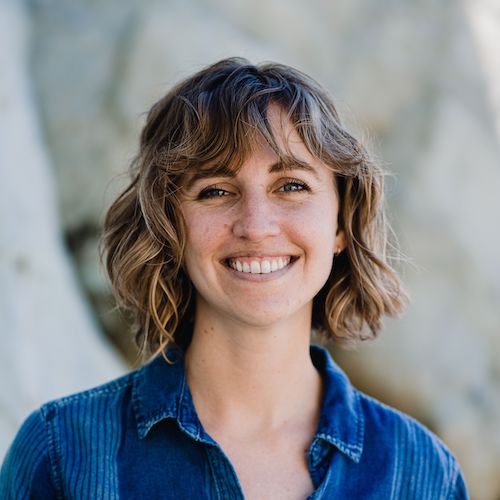 Sara Beery
and 1 more
Sara Beery
and 1 more
23 November 2021 12:00am
Caiman: Images as Sources of Intelligence
18 November 2021 12:00am
Try our open-source automatic camera trap detection/labeling tool!
12 November 2021 8:39pm
Opportunity: GEO-Microsoft Planetary Computer Programme
4 November 2021 12:00am
EarthRanger Announces Inaugural Conservation Tech Award Recipients
3 November 2021 12:00am
Opportunity: PhD or Postdoctoral Research Fellowships - Chinstrap penguin biologging
1 November 2021 12:00am
Using IoT and Machine Learning to help protect Kenya's Rivers
21 October 2021 12:00am
Tech Tutors: How do I analyze large acoustic datasets using PAMGuard?
14 October 2021 3:42pm
How do I analyze large acoustic datasets using PAMGuard?
7 October 2021 12:00am
Call for Papers: Special Issue on Computer Vision Approach for Animal Tracking and Modeling
20 September 2021 12:00am
Tech Tutors: How do I use AI to fight wildlife crime?
1 September 2021 10:59pm
Which are major open challenges that AI can help to solve in nature conservation ?
28 April 2021 9:15am
4 August 2021 5:00pm
I would perhaps ask this in a new thread, so the rest of the community can see it! (as opposed to a reply here, where only the people in the conversation are notified of more replies).
13 August 2021 10:04pm
Elizabeth Bondi has work on detection from thermal imagery taken by drones! I'd look at her papers :)
27 August 2021 10:51am
Looks good, but what is the added value compared to other examples as Obsidentify and Plantnet?
AI/ML Engineer Job at Dryad
26 August 2021 2:45pm
Widening the Bottleneck: Can Citizen Science Accelerate Conservation?
19 August 2021 12:00am
Open positions in ML & conservation/climate sci
18 August 2021 2:22pm
Geo for Good Lightning Talks: Nature Conservation
 Google Earth Outreach
Google Earth Outreach
17 August 2021 12:00am
Building Sustainable Support with Edge Impulse
13 August 2021 12:00am
Accessible Tech and Real Impact with the WILDLABS Fellowship: On the Edge
9 August 2021 12:00am
WILDLABS Community Call: August 12th
4 August 2021 12:00am

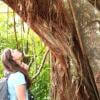











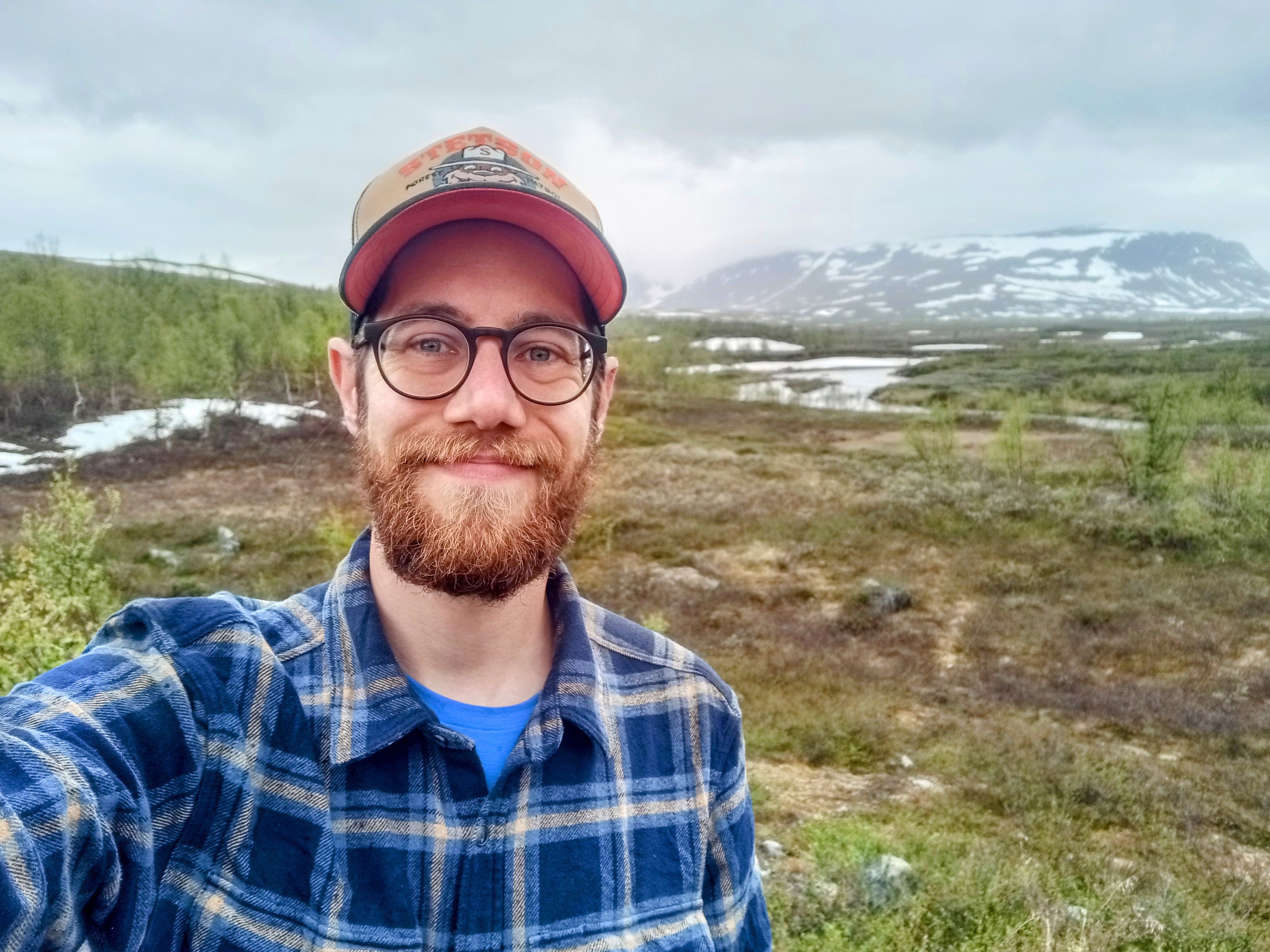
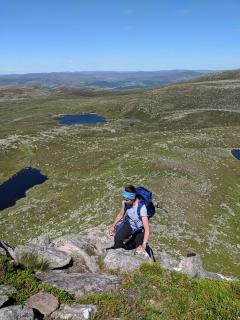

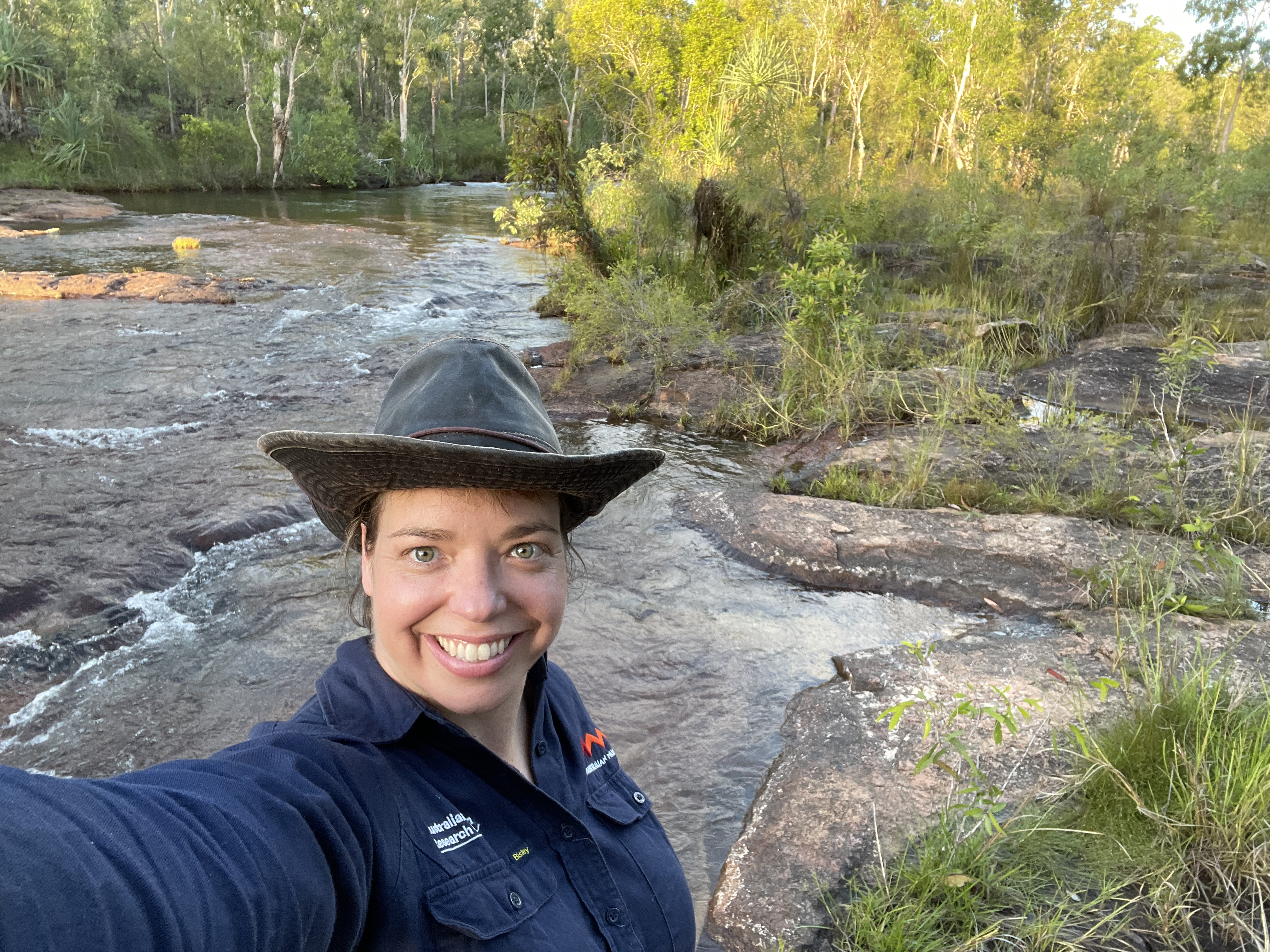

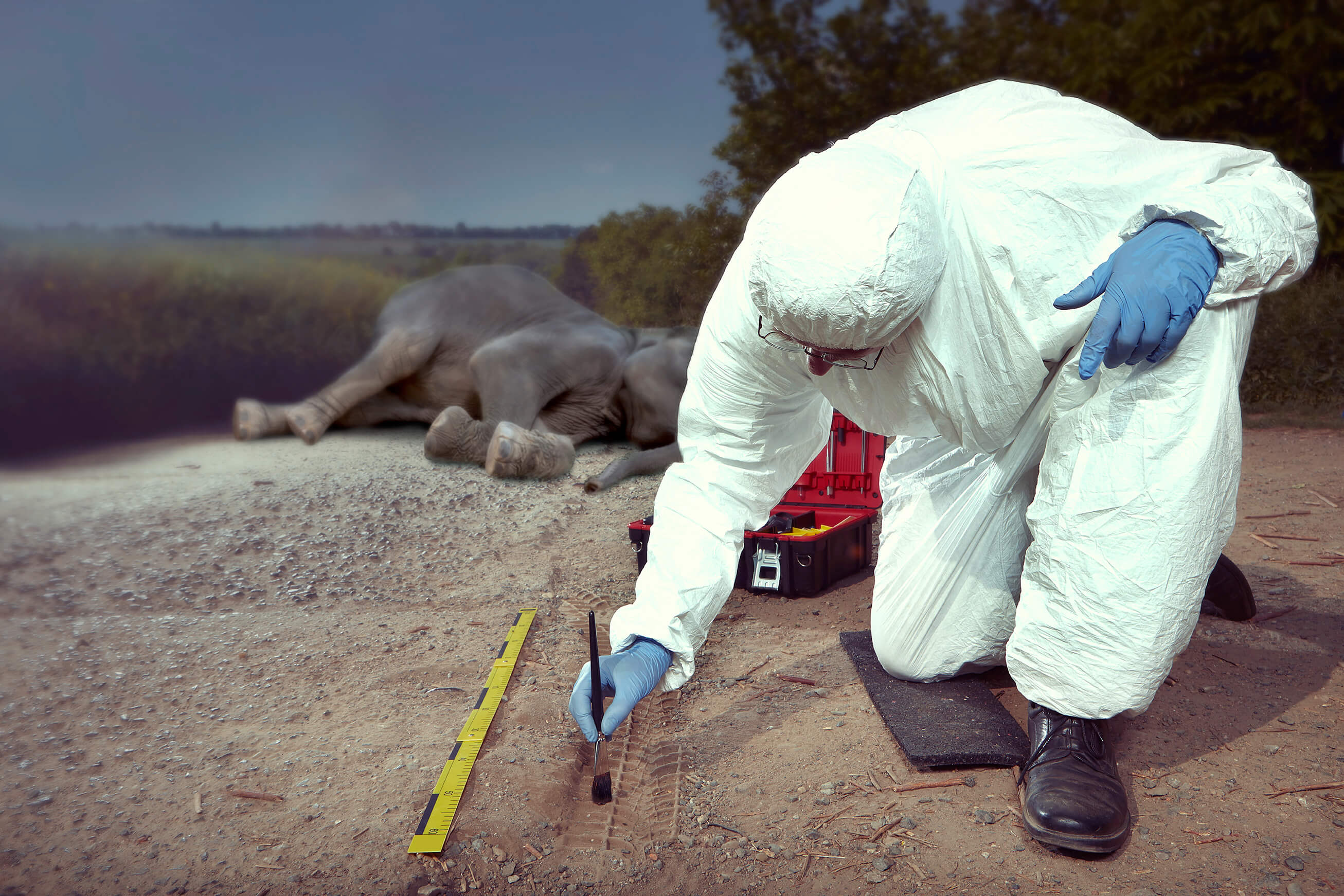
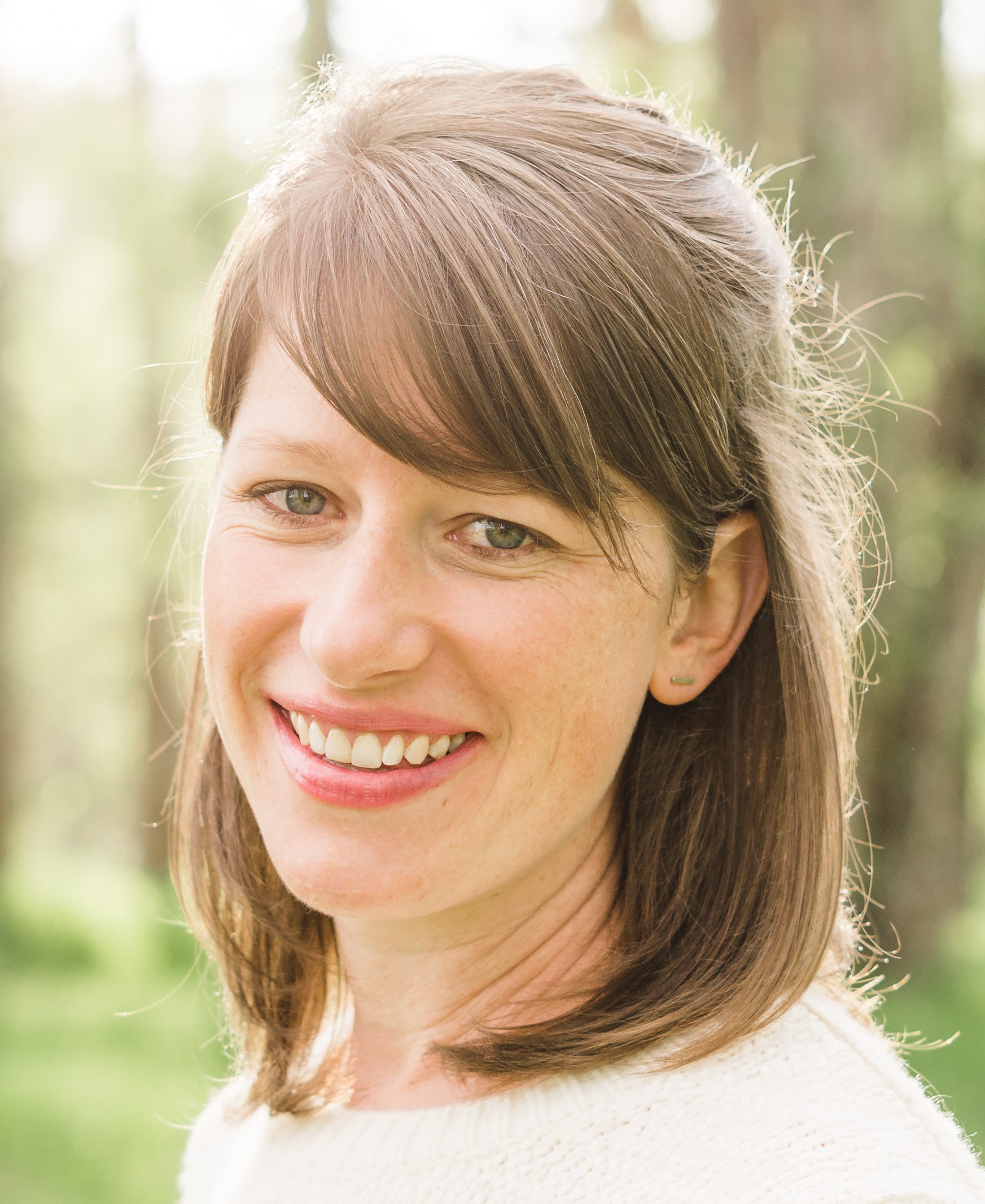

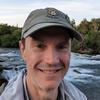








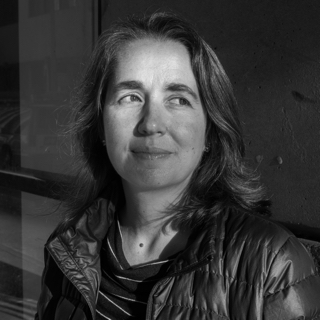

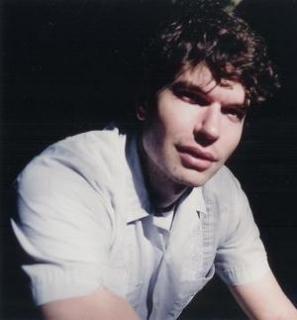







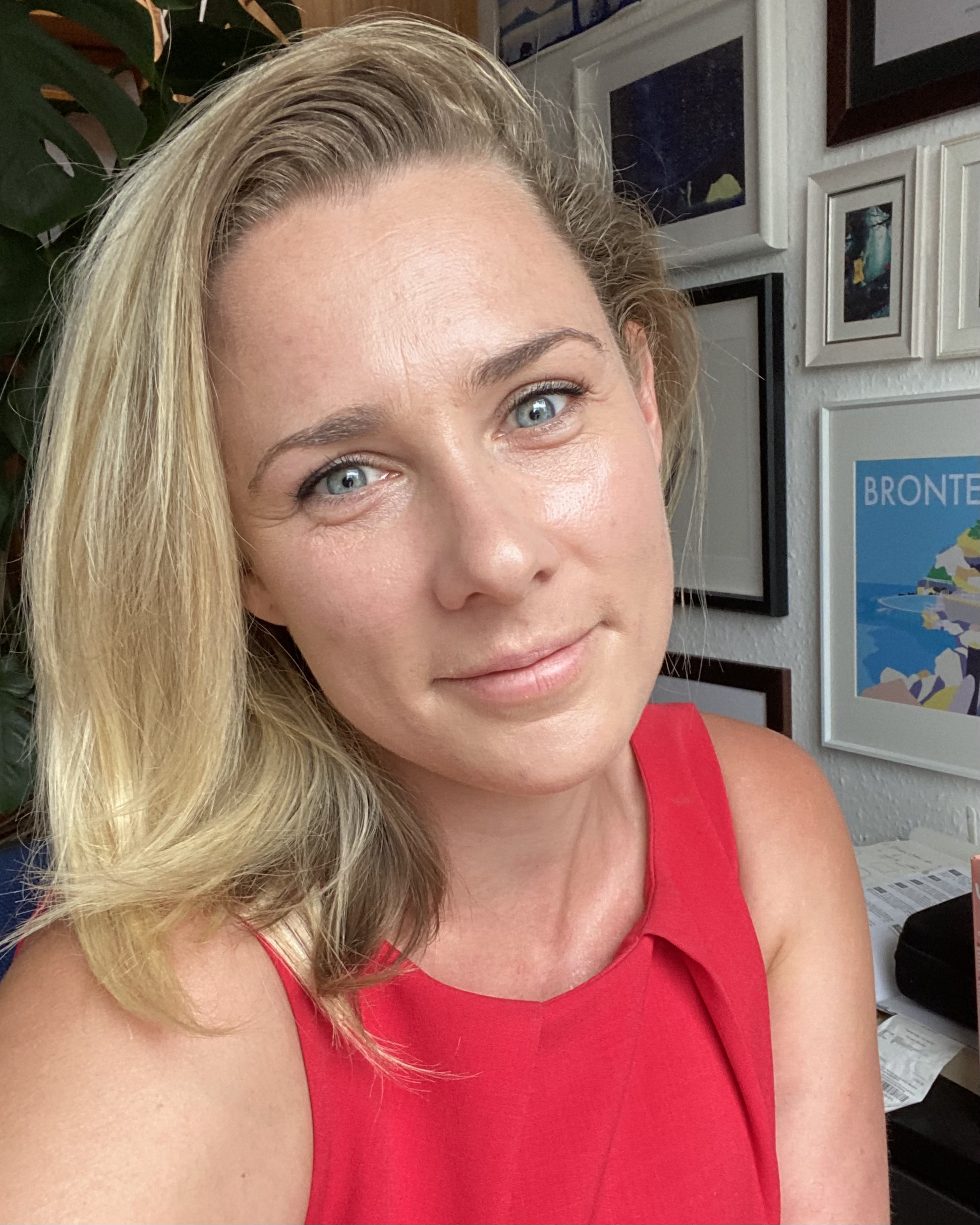




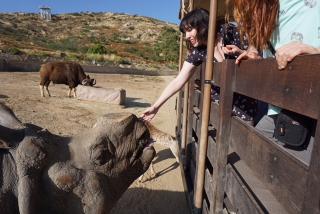








25 October 2021 4:13pm
Hi Wildlabbers!
We're now going ahead with a small pilot of around ten 1:1 office hour sessions with Microsoft AI for Earth specialists. More details coming very soon.
For the time being sign-ups are now closed, but thank you to everyone who has been interested. We will keep you updated on how the 1:1s go and whether there will be further sessions to sign up for later in the year.
Cheers,
Lucas